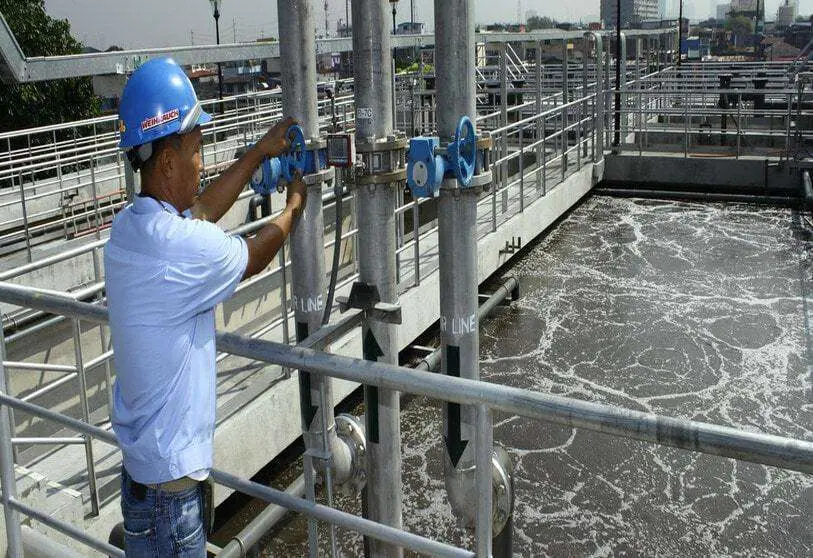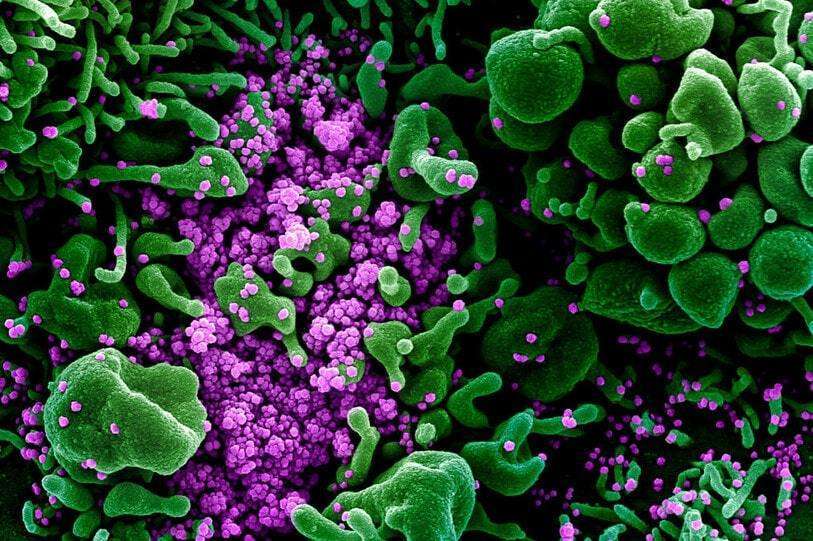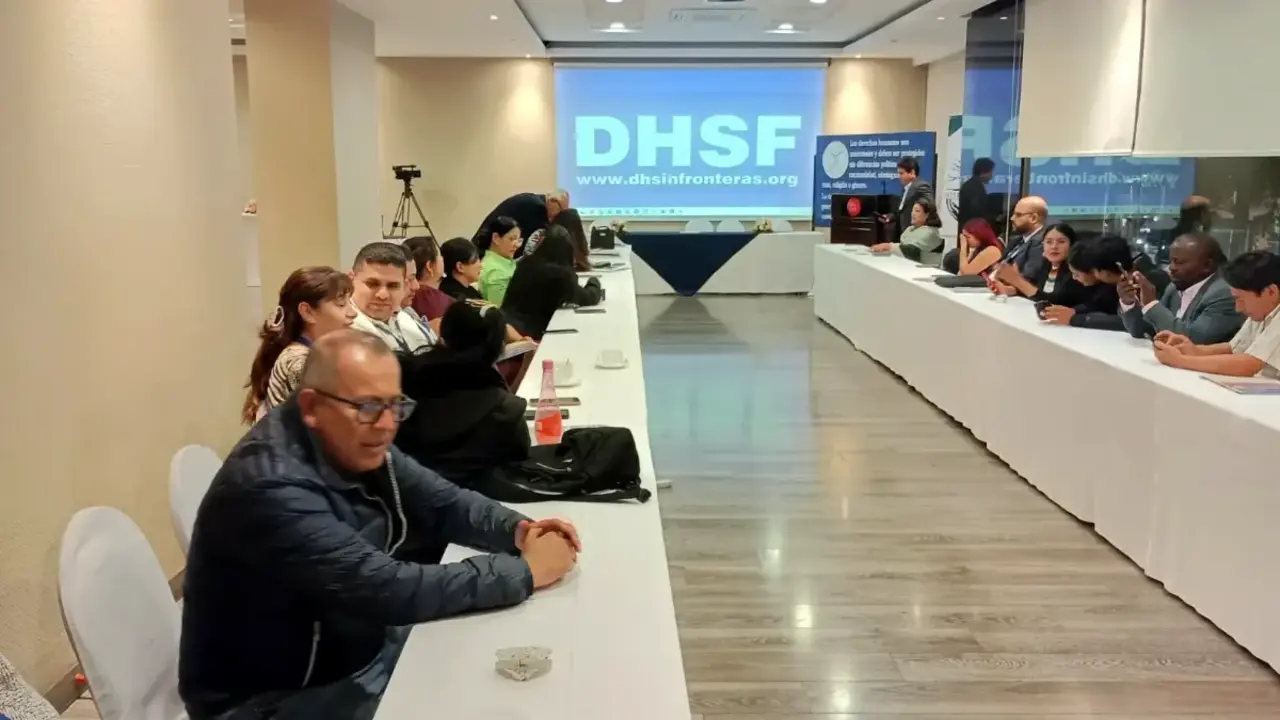Testing wastewater helps detect COVID-19 and other deadly diseases in Latin America

The COVID-19 pandemic continues to evolve into a serious public health and economic crisis causing enormous financial and social hardship for people around the world. A multifaceted crisis of this scale requires an arsenal of innovative tools and approaches.
One of the unconventional solutions that researchers have explored since the beginning of the pandemic is to track the presence of SARS-CoV-2 virus genetic material in wastewater to better understand its spread among communities. Put another way: by looking for the presence of the virus in the faecal matter coming out of our sewage networks, we can track the virus.
This line of research is defined as sewage-based epidemiology, a proven analytical approach that for decades has been providing real-time information on the health of different populations, for example, community-level detection of polio or the exposure of individuals to chemicals or pathogens.
In the case of COVID-19, the genetic fingerprint of the virus is shed from the faecal material of infected individuals and transferred to wastewater. Measuring the concentration of viral material in samples provides information on the extent of virus spread in a given community, including asymptomatic cases.
Since any one sample can represent a significant portion of the community served by the sewage network, wastewater analysis allows for rapid and cost-effective tracking of disease trends at the population level.
In the case of COVID-19, research shows that individuals shed the virus even before they show symptoms. The EAR then becomes a complementary early warning system and surveillance mechanism to guide rapid decision making and crisis management.
Investigation through wastewater epidemiology is also a particularly relevant inclusive testing method to monitor disease transmission among the most vulnerable, as all individuals living in the catchment are covered by the observation of wastewater data, regardless of their socio-economic background, presence of symptoms or access to clinical testing.

An initiative led by experts from the World Bank's Water and Health Practice focuses on sharing global expertise in wastewater epidemiology with the aim of strengthening the capacity of local water and health actors to monitor and manage the COVID-19 pandemic.
This initiative began with a partnership with Biobot, a spin-off from the Massachusetts Institute of Technology (MIT). The initiative involved a pilot programme in Guayaquil, Ecuador's second city and one of the first cities in the region to be hard hit by the pandemic.
When conducting an epidemiological study of wastewater, a variety of actors must be mobilised, including agencies responsible for taking wastewater samples, research laboratories or universities to analyse genetic material, and a coordinating agency with the capacity to liaise with health authorities.
In the case of Guayaquil, the programme was established with the collaboration of the Guayaquil municipal water authority and the private water and sanitation concessionaire, Interagua, as well as Biobot, which provided technical assistance to the local research establishment, the Escuela Superior Politécnica del Litoral.
The municipality coordinated efforts and called on the provincial Emergency Operations Committee to involve health authorities and use epidemiological surveillance data to guide the emergency response to the pandemic crisis in Guayaquil.
The pilot programme successfully leveraged local capacity for wastewater-based epidemiology, prompting Guayaquil's municipal water authority to enter into a one-year partnership with Escuela Superior Politécnica del Litoral for weekly wastewater testing at different locations in the city.
Through this contract, the city of 2.7 million inhabitants will be able to establish a sustainable basis for COVID-19 monitoring at the community level. The pilot programme generated a new ecosystem of collaboration between water and health sector actors, a crucial factor for sustained success.
Other pilots already exist with Biobot in Uruguay and with the Netherlands Water Research Institute KWR in Morocco.
The World Bank's Water and Health Practice is forming a team to scale up wastewater-based epidemiology efforts at country and regional levels. The ongoing collaboration will begin with the preparation of an Implementation Guide that will include a high-level ministerial meeting in Latin America, where the experience of Ecuador and other countries will be showcased to generate the necessary momentum to attract investment in wastewater epidemiology research across the region.
The COVID-19 pandemic is an opportunity to raise awareness and lay the groundwork to launch wastewater-based epidemiology campaigns and take advantage of the continuous flow of population data that lies beneath our feet. We can use the current momentum to develop inexpensive and inclusive wastewater epidemiological survey programmes that lead to sustainable and affordable surveillance systems that support emergency preparedness and response now and for the future.







